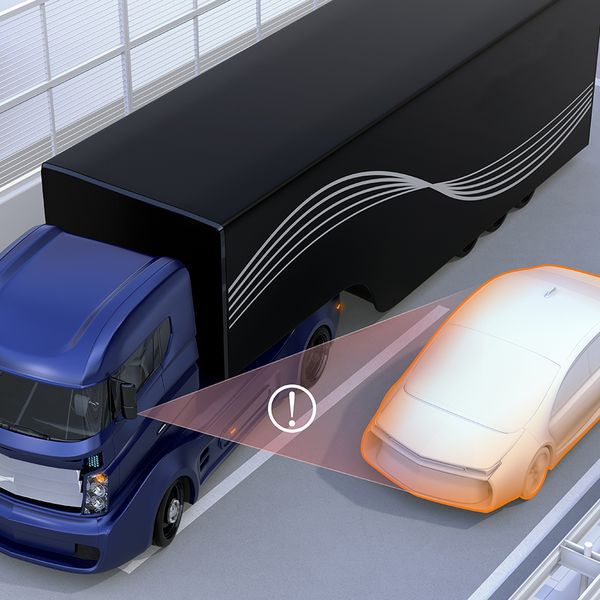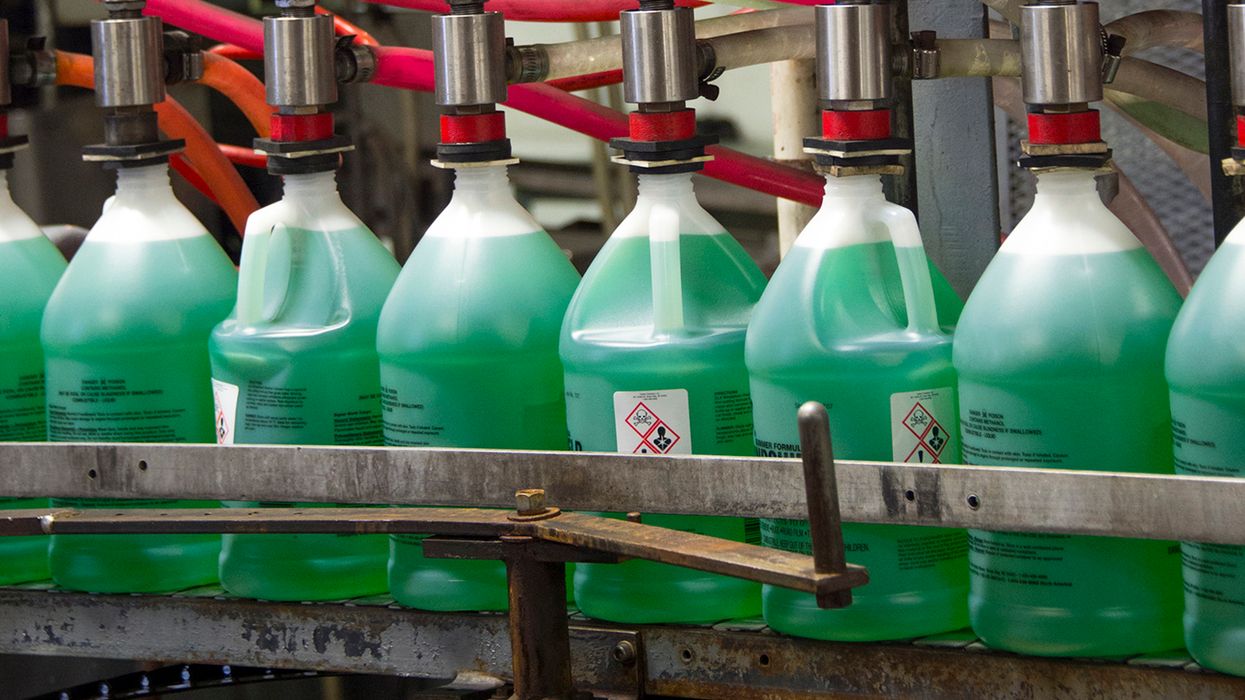A speed limiter mandate may be coming — How can it benefit carriers?
Speed limiters are a feature within electronic control units (ECUs) capable of governing speed when the vehicle owner sets the ECU to do so.
In May 2022, Federal Motor Carrier Safety Administration (FMCSA) issued a Notice of Intent (NOI) to publish a mandate on speed limiters, which is expected in 2023. The notice did not outline a maximum speed limit but would apply to heavy-duty trucks manufactured after a specific date, possibly 2003.
Two sides of the issue
A speed limiter mandate evokes passionate responses on both sides of the issue.
Detractors focus on the purported drawbacks of limiting trucks to slower speeds than non-commercial vehicles, such as:
- Reduced driver and vehicle miles per day,
- Increased interactions with other vehicles, and
- Added road congestion, versus allowing a truck to operate in the traffic flow.
Supporters from many mid-size to large carriers have benefited from speed limiters for years and deemed them as having a positive positive impact on their fleet. Most carriers using speed limiters set the speed at or below 70 miles per hour (mph).
Benefits of using speed limiters
Improved fuel efficiency and reduced emissions
Traveling at 65mph versus 55mph can consume 20 percent more fuel, according to the Environmental Protection Agency (EPA). Traveling at 75mph versus 65mph consumes 27 percent more fuel. Traveling at lower speeds will burn less fuel and emit less carbon dioxide (CO2) per mile, which is better for the environment.
In a separate study, American Transportation Research Institute (ATRI) found that while lower speeds increase transit time, maintaining a 65mph pace increases travel time by just 15.5 percent, compared with 75mph.
Improved safety
The faster a vehicle travels, the greater the potential severity of a crash. In the 2020 Large Truck and Bus Fatal Crash Statistics, released by FMCSA in October 2022, “Speeding of Any Kind” was the most frequent driver-related factor for both passenger vehicles and large trucks.
Also, in October 2022, ATRI released the updated study “Predicting Truck Crash Involvement.” The study found a 40 to 48 percent increase in future crash probability for drivers with speeding violations or convictions.
When truck driver speeding was the alleged cause of a crash, the November 2021 ATRI study “Impact of Small Verdicts and Settlements on the Trucking Industry” found the average settlement to be $464,920.
Key takeaway
Be ready to comply with a speed limiter mandate but consider the potential benefits before placing judgment on yet another carrier regulation.























































